July 2024, Malé: The Maldives finds itself at a critical juncture, navigating the turbulent waters of great power competition in the Indian Ocean. As India and China vie for influence in the Indian Ocean, Maldives finds itself walking a tightrope. Once as reliable as the calm Maldivian sea in March or as predictable as rain on a July day, Maldivian foreign policy now appears to leave local observers and foreign diplomats wracking their brains over which way incoming governments will turn, and by just how much. Recent developments have highlighted the contradictions inherent in the country’s attempts to balance its strategic interests amidst intensifying rivalry between India and China, while grappling with a mounting public debt crisis.
Political Landscape and Strategic Realignment
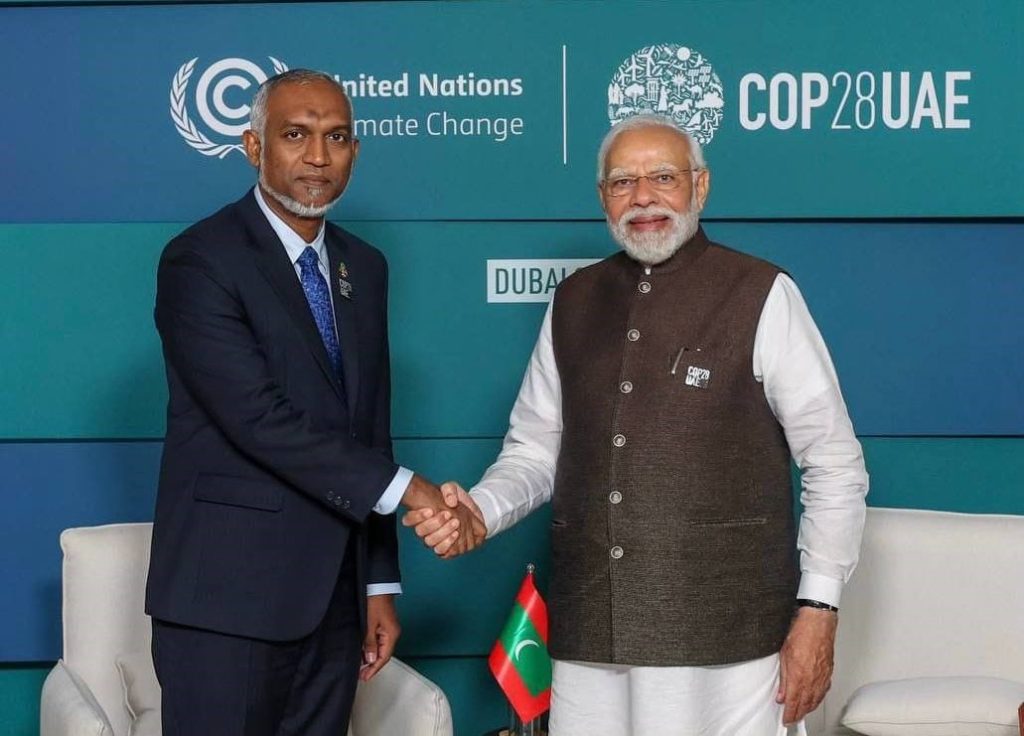
The September 2023 presidential election saw the victory of Dr. Mohamed Muizzu, marking a significant shift away from the previous administration’s foreign policy orientation.
Removing Indian troops was Dr. Muizzu’s flagship election promise, which raised alarm bells in New Delhi while being undoubtedly welcomed by Beijing. The new government also vowed to review more than 100 agreements with India. Also in first moves, the President’s inaugural state visit was to China, where he announced increased financial and military cooperation, and signed some 20 “key” agreements. Perhaps both as a symbol and a signal, the two sides agreed to “elevate China-Maldives relations to a comprehensive strategic cooperative partnership.”
Maldives seemed to have swivelled, once again, from “India- first,” to “India- Out.”
This strategic pivot was not without forewarning, nor has it been without critics. Dr. Muizzu campaigned on an “India-Out” platform. His party and affiliated political backers often cite financial over-reliance on New Delhi. Opposing viewpoints highlight India’s dependability as a development partner and the “debt-trap” risks with Beijing. Others question just how authentic or widespread the anti-India sentiment among Maldivians might be, or whether the India- baiting was just setting up a strawman to attack, come campaign time. That being said, ask any Maldivian on these streets- there is genuine and growing resentment with Prime Minister Narendra Modi’s treatment of Indian Muslims, (perhaps even more than over China’s continuous and brutal repression of Muslims).
Many- local and otherwise- express concerns about the rapid shifts in foreign policy orientation, every time government changes hands.
Topsy- Turvy Foreign Policy
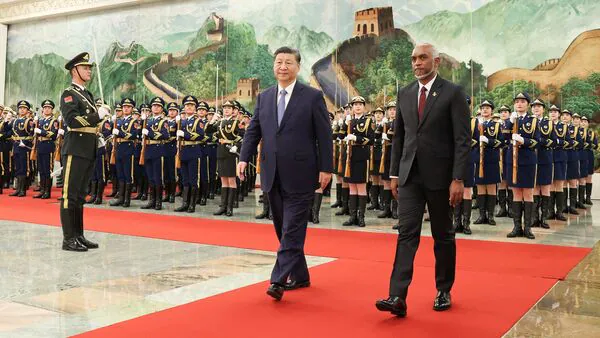
Traditionally, India has been a very close ally for the Maldives, due to geographical proximity and dense exchanges in many fields. Key aspects of Indian assistance over the past three decades have touched nearly all aspects, including security cooperation, finiancial and development assistance, and good governance.
However, since joining China’s Belt and Road initiative in 2014, China has become the biggest investor in the Maldives, funding infrastructure projects including bridges, airports, and housing developments.
Both Chinese and Indian tourists are a crucial source of revenue for the Maldivian economy, giving both Beijing and New Delhi significant economic leverage.
Economic Challenges
On 27 June, Fitch Ratings downgraded the Maldives’ IDR to ‘CCC+’, reflecting on the increased risks associated with “worsening external financing and liquidity metrics”, weakening foreign-reserve buffers and rising external government debt vis a vis the “upcoming external debt-servicing obligations,” saying “we expect the Maldives’ foreign reserves to remain under significant stress in the coming year. Fitch also put usable foreign reserves at USD73 million; the country’s monthly reliance for staples, oil and medicines stands at over USD100 million. On June 26, the World Bank said, “the economic vulnerabilities that the Maldives face now is a combination of debt stock accumulation in the last 10 years, as well as continuously high fiscal and current account deficits over the same period.” In May, the IMF had flagged “the need for immediate policy adjustments to safeguard macroeconomic and financial stability, restore debt sustainability, and support sustained strong and inclusive growth.”
No one here will dispute the international experts’ findings. The dollar shortage is felt by anyone trying to do business here or trying to gather enough for a medical or tuition fees abroad, fisherfolk are protesting, and government payments to local contractors are withheld, small businesses are teetering with cash flow, and no medium sized business will say they are thriving.
As Moody’s, Fitch, IMF and World Bank released their opinions, the government immediately announced several spending cuts, tax hikes to come, new revenue measures, and the Parliament chatter turned to the need for financial reform.
However, daily headlines still bring in news of appointments of more political posts, little news on tangible reform of SOEs, or of any of the IMF/World Bank recommendations such as streamlining subsidies.
The Debt Crisis
The Maldives’ mounting debt is the most central issue in its relations with both India and China.
Over the past decade, the Maldives has borrowed some $1.5 billion from Chinese sources, which now makes up 20 percent of its public debt. China, as the largest bilateral creditor, announced writing off just $50 million in loans. The Chinese Amabassador said debt restructuring is not the solution for the Maldives, as it will hinder future aid from Beijing.
Meanwhile, India extended budgetary support of nearly US$ 50 million, and increased the export quotas of essential commodities. The Maldives government said it is “highly appreciative of the generous support that Government of India has been providing to the Maldives in the form of budgetary support,” and acknowledged India’s significant assistance in infrastructure projects. Foreign Minister Zameer’s first bilateral visit was to Delhi, where he and his counterpart Dr. Jaishankar discussed ongoing Indian- backed projects in the Maldives.
Governments here have prioritised re-election over prudent financial choices. This has meant soaring and wasteful expenditure including on state- sponsored salaries, an airport for each island, and lavish use of subisidies. This cannot continue.
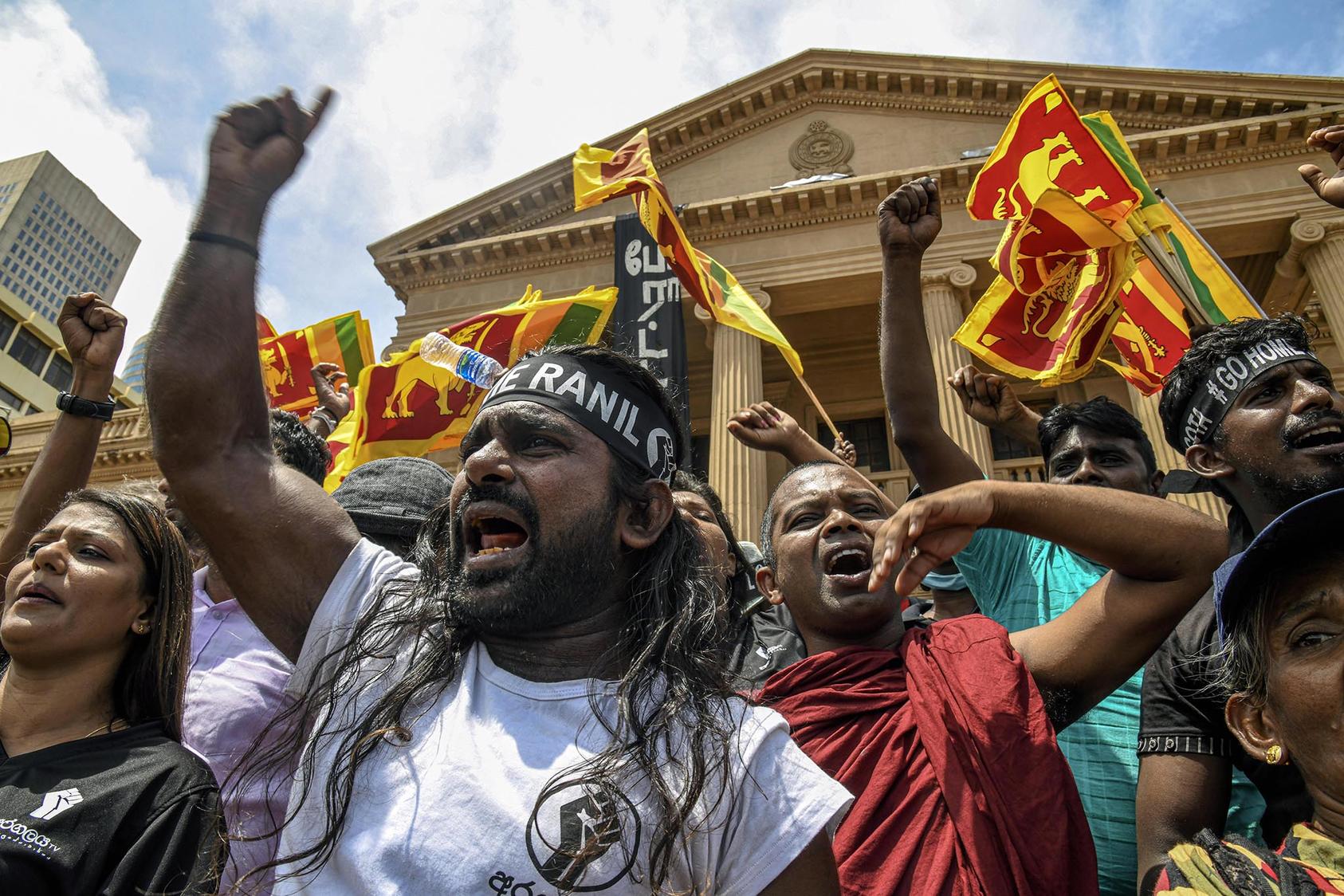
Maldives’ external debt servicing peaks at $1.07 billion in 2026, and despite governments’ efforts to downplay the looming crisis behind state-sponsored news headlines, Maldivians understand the debts are due. We watched Sri Lanka’s shambolic descent into financial and economic collapse with deep grief, and with an understanding of the poor governance choices that led our neighbours to the brink.
MALDIVES: COMPOSITION OF EXTERNAL DEBT 2022
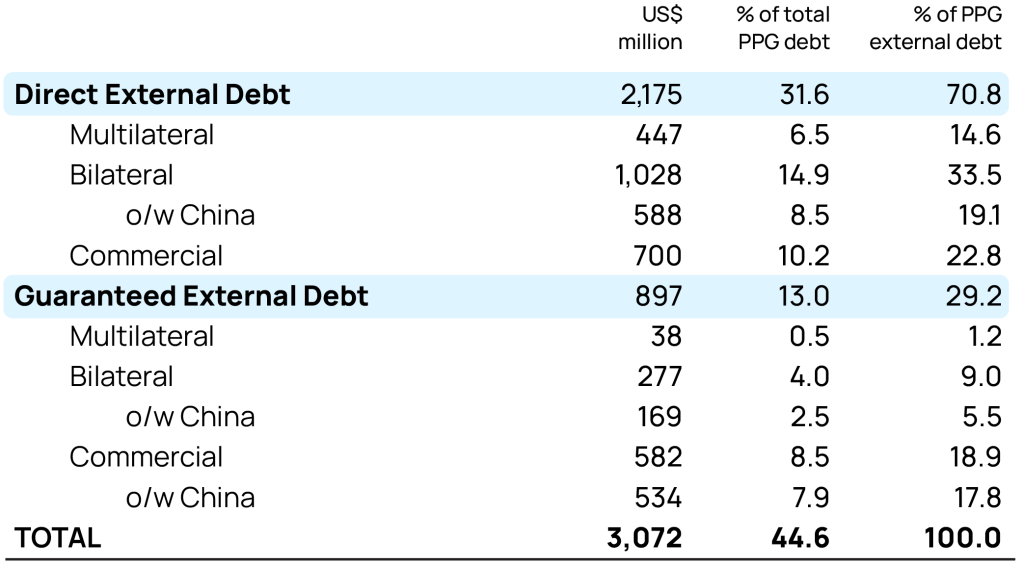
Security Dynamics and Maritime Cooperation
The shifting balance in the Maldives’ foreign relations also has significant implications for regional security dynamics. The Maldives government’s decision to review its defence cooperation agreement with India will be unsettling for India; Maldives is a crucial maritime and security neighbour for India (terrorism, human trafficking and drug smuggling are serious threats). The move also creates uncertainty about the future of joint patrols and maritime domain awareness initiatives.
In contrast, China has proposed enhanced maritime security cooperation, including joint naval exercises and the potential establishment of a maritime research station in the Maldives. These proposals can only be viewed as part of China’s broader strategy to establish a permanent presence in the Indian Ocean.
Other Great Power Interests in the Maldives
After decades of a predictable “non-aligned” policy under one strong-man leader, recent turns in Maldivian foreign policy meant that other global and regional powers, have also needed to continuously assess their engagement with the country.
Over the last decade, China has developed close economic and security ties with many third world countries, including in the South Asian region. Beijing’s growing sway in the region has raised concerns in Washington, London and beyond, and the Maldives is unquestionably central to any challenge the West puts up.
The United States seeks to maintain its influence in the Maldives as a counterweight to China’s growing presence in the Indian Ocean region, opening its first embassy in the country in 2023.
The United Kingdom with its historical ties to the Maldives, and a mainstay as a development partner, has been working to maintain its influence through aid programmes and support for democratic institutions.
The EU has been focused on supporting the Maldives’ democratic reforms and addressing climate change concerns, while also seeking to balance China’s economic influence.
All three actors- the USA, the UK, the EU- have maintained maritime security and counterterrorism programmes in the country. Japan and Australia are also key development and security partners, with Saudi Arabia and the UAE increasing their investments in the country.
The Maldives’ location along critical sea lanes has made it vital geopolitically, for as long as people have traded, and as long as military leaders have sought to overpower one another in these waters. Chinese Admiral Zheng He crossed Maldivian waters in his treasure voyages in the 1400s. In the colonial era, the Europeans who sought to exert dominance in the Indian Ocean whether to control maritime trade or assert political hegemony, made attempts to occupy the islands, set up proxy rulers, or deny access to their rivals.
Maldives is crucially located for global trade and navigation and maritime security, with a significant portion of the world’s oil shipments passing through.
Given Maldives’ issues of extremist recruitment and violent extremist attacks in the country, with growing concerns about radicalisation in South Asia, the US, and other partners view the Maldives as central for counterterrorism and security efforts.
However, the only foreign power – regional or global, trade or development partner- anyone would mention are India and China. Journalists, politicians, civil society, and any observer understands, the Maldives is now an arena for a brawl between the two main contenders.
Navigating Choppy Waters
As the Indo-Pacific strategic landscape continues to evolve, the Maldives’ ability to pursue its national interestswill be severely tested. Dr. Muizzu’s administration must navigate a precarious path between fulfilling electoral pledges, economic development needs, security concerns, and debt sustainability. The coming months will also be crucial domestically, as the Muizzu- administration attempts to layout the announced spending cuts, restructure its debt, balance its foreign relations, and chart a course towards economic development.
Maldives’ attempts to leverage its strategic location and balance competing interests between India and China have yielded mixed results, often exacerbating domestic political divisions and economic vulnerabilities. The ‘soft power’ traditional western partners yielded, through scholarships, and infrastructure projects to building democratic institutions, has now given way simply to who will pump in the most cash. As post war era of Western hegemony gives way to a realignment of power balances, including a firm South-South bloc, the Maldives’ experience offers a stark illustration in small state diplomacy and the limits of strategic hedging. As the rivalry between the Asian giants in the Indian Ocean intensifies, the choices made by the Maldives government will have significant implications not just for regional stability and the emerging order, but also, and more crucially, for its own people.
Maldivians will thank a government that averts a financial collapse. The Muizzu administration currently has the political stability and the time to prioritise financial recovery over political expediency, and indeed to make foreign policy choices that reflect the long- term fiscal and economic health of the Maldives. In balancing China and India, the Maldives must be transparent in all its dealings and arrangements, diversify partnerships to avoid over-reliance, sustain engagement in multilateral forums to strengthen ties with other regional players, and above all, and at all times, pursue the long- term national interest and security of the Maldives.
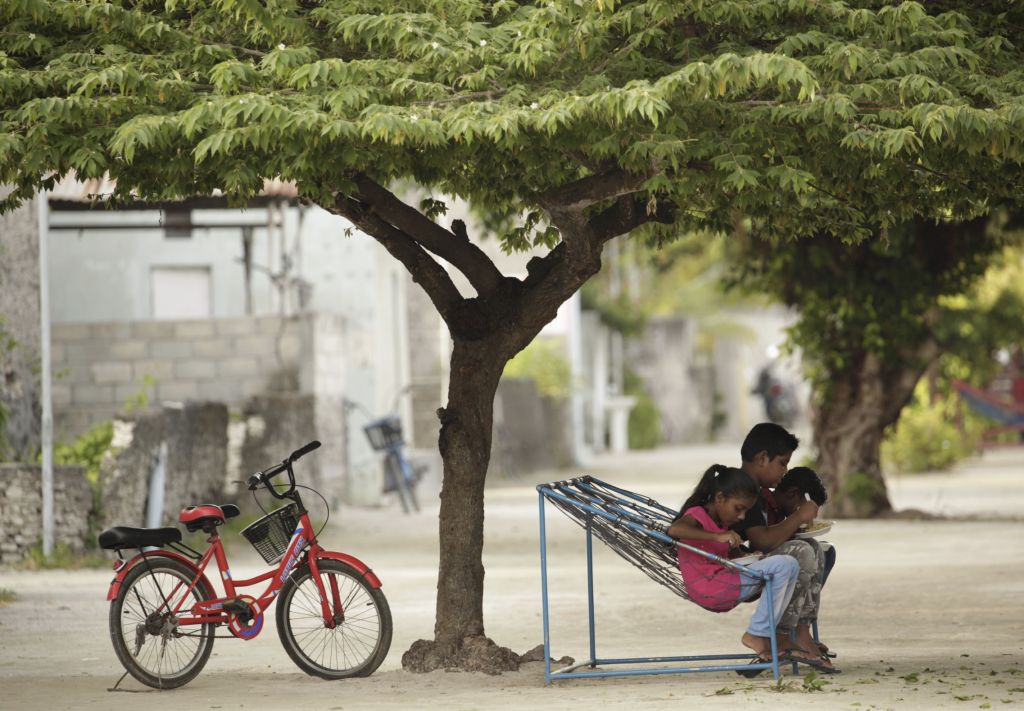
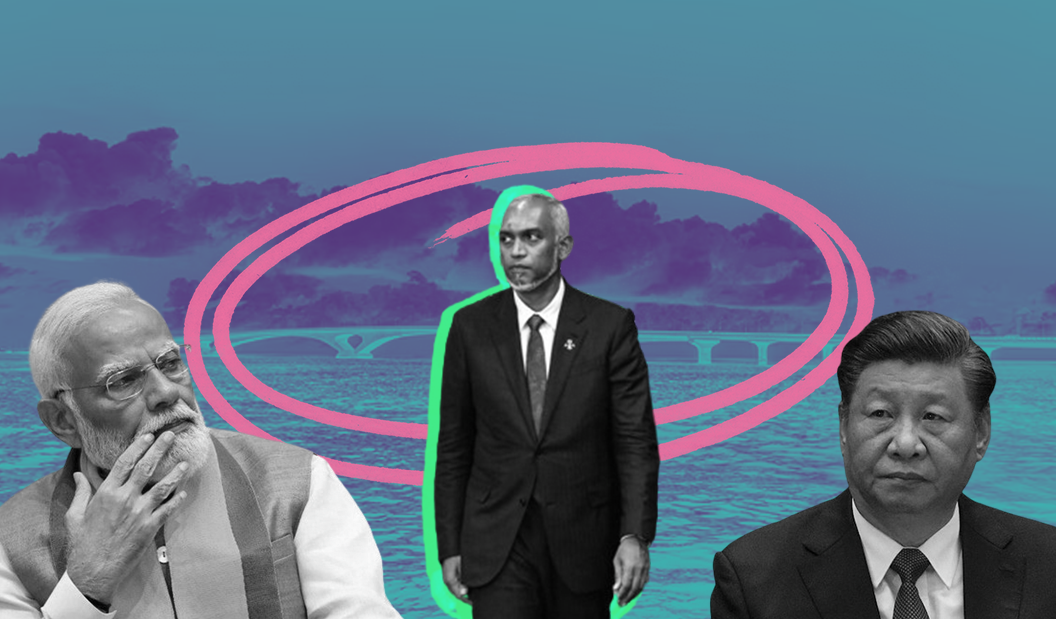
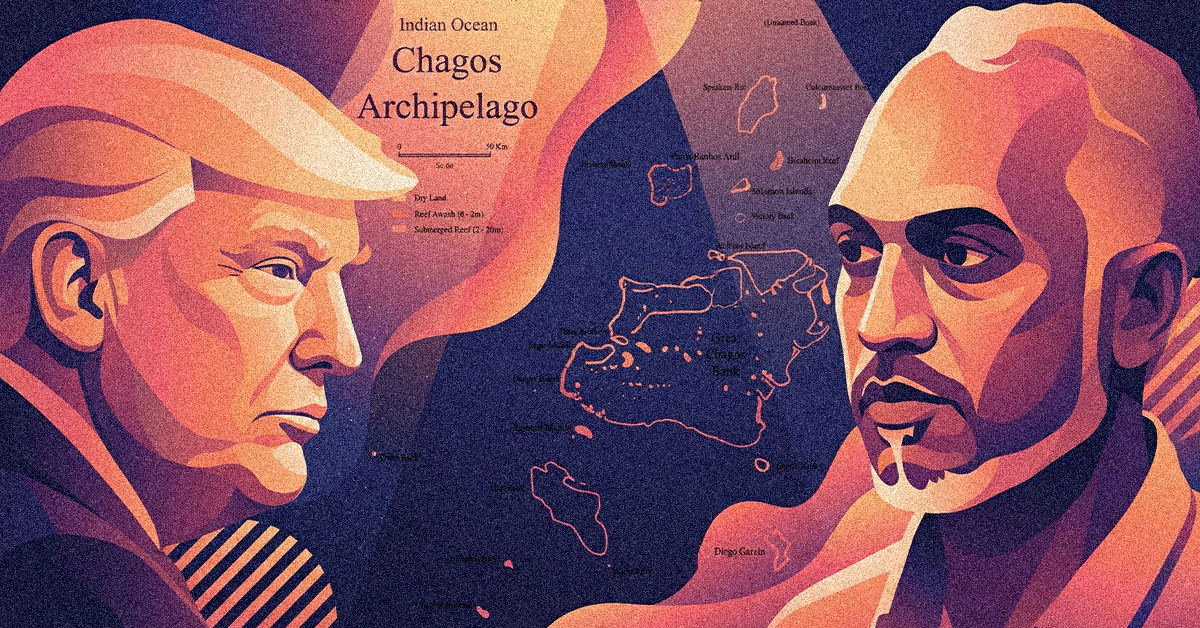
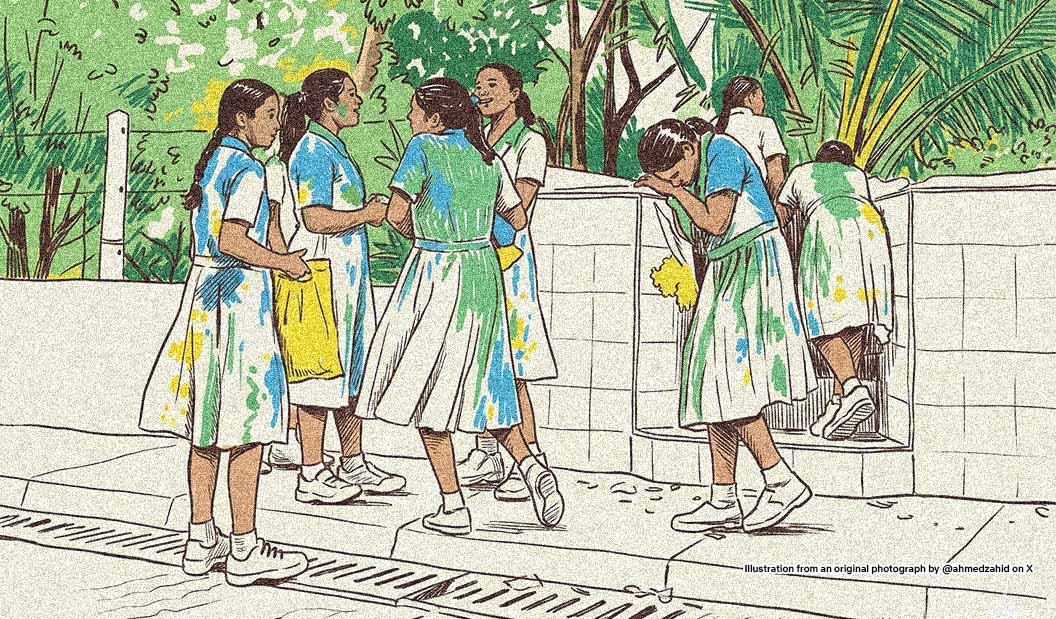
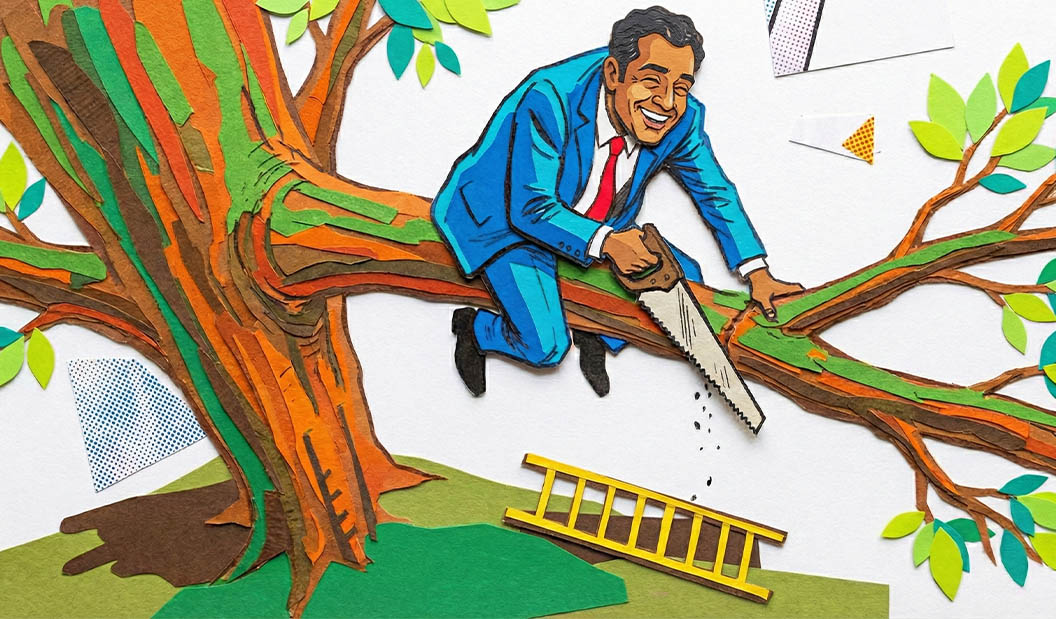
Leave a Reply